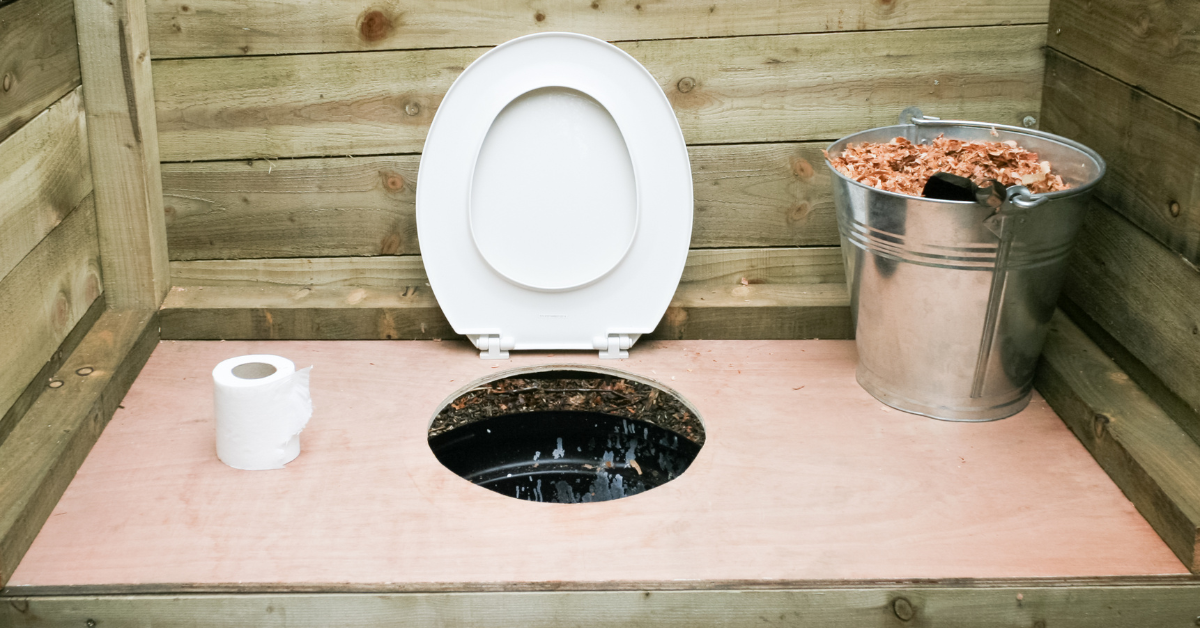Composting toilet for off grid living – Composting toilet for off-grid living offers a sustainable and environmentally friendly alternative to traditional sewage systems. This article explores the various types of composting toilets suitable for off-grid settings, detailing their installation, operation, maintenance, and the crucial legal considerations. We’ll examine the environmental benefits, cost comparisons, and practical solutions for waste management, providing a comprehensive guide for those seeking self-sufficient sanitation.
From selecting the right composting toilet model based on climate and space constraints to mastering the art of composting human waste, this guide provides a step-by-step approach to successful off-grid sanitation. We will also delve into the necessary permits and regulations, ensuring compliance with local laws while minimizing environmental impact. The goal is to empower readers with the knowledge to make informed decisions about their off-grid sanitation needs.
Environmental Impact: Composting Toilet For Off Grid Living
Composting toilets offer a compelling alternative to traditional sewage systems, particularly in off-grid settings, by significantly reducing environmental impact and promoting sustainable waste management. Their advantages extend across several key areas, providing a more environmentally responsible approach to sanitation.The environmental benefits of composting toilets stem from their ability to eliminate the need for water-intensive flushing systems and the associated energy consumption for wastewater treatment.
Unlike traditional sewage systems that rely on large amounts of water to transport waste to treatment plants, composting toilets rely on natural biological processes to break down waste, resulting in a significantly smaller environmental footprint. This closed-loop system minimizes the strain on local water resources and reduces the energy required for water pumping and wastewater treatment.
Water Conservation
Composting toilets drastically reduce water consumption compared to conventional flush toilets. A typical flush toilet uses between 1.6 and 6 liters of water per flush, amounting to a substantial volume over time. In contrast, composting toilets require no water for flushing, making them an ideal solution in water-scarce regions or off-grid locations where water conservation is paramount. This water saving contributes to the overall sustainability of off-grid living and reduces the demand on precious water resources.
Greenhouse Gas Emission Reduction, Composting toilet for off grid living
Traditional sewage systems contribute to greenhouse gas emissions through various processes, including the energy used in wastewater treatment and the release of methane from anaerobic decomposition in sewage treatment plants. Composting toilets, however, minimize these emissions by utilizing aerobic decomposition, a process that produces significantly less methane, a potent greenhouse gas. The resulting compost can even be used to enrich the soil, further reducing the need for chemical fertilizers which often have their own environmental impact.
Soil Improvement
The end product of a composting toilet system is a nutrient-rich compost that can be used to amend soil. This compost provides essential nutrients for plant growth, reducing the need for synthetic fertilizers which can negatively impact water quality and ecosystems. This natural process closes the loop on waste management, turning a byproduct into a valuable resource for gardening and agriculture.
The resulting improved soil health contributes to more sustainable agricultural practices and a healthier environment.
Contribution to Sustainable Living and Reduced Reliance on Centralized Infrastructure
By eliminating the need for water-intensive flushing and centralized wastewater treatment, composting toilets significantly contribute to sustainable living. They empower individuals and communities to manage their waste responsibly and independently, reducing reliance on often energy-intensive and environmentally taxing centralized waste management infrastructure. This approach fosters self-sufficiency and minimizes the environmental impact associated with transporting and treating wastewater. The reduced reliance on external services also enhances the resilience of off-grid communities.
Ultimately, choosing a composting toilet for off-grid living represents a commitment to sustainability and self-sufficiency. While requiring initial investment and ongoing maintenance, the long-term benefits—environmental protection, cost savings, and resource independence—make it a compelling option for those seeking a responsible approach to waste management. By understanding the various systems, regulations, and best practices Artikeld in this guide, individuals can confidently embrace this eco-friendly solution for their off-grid homes.
Notice off grid living solutions for recommendations and other broad suggestions.



